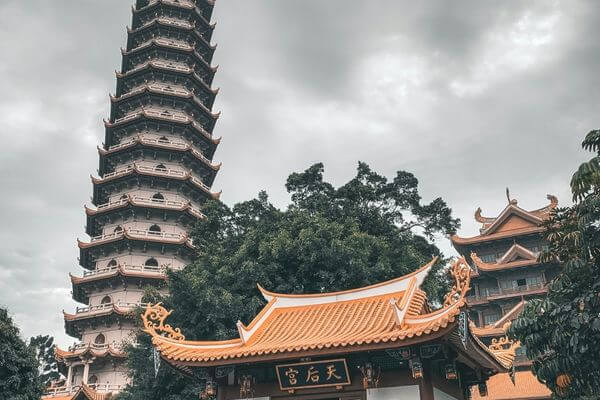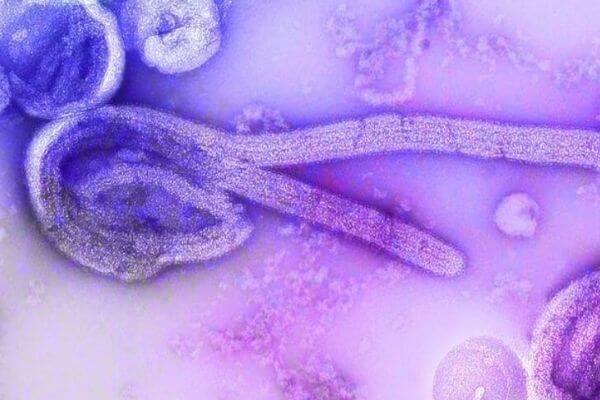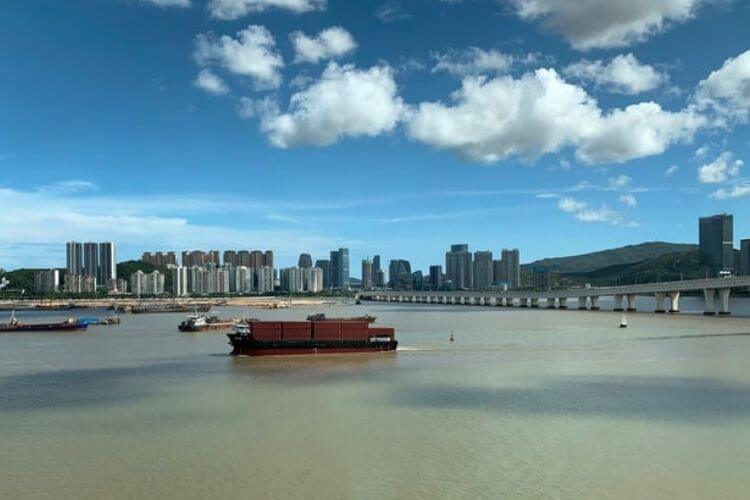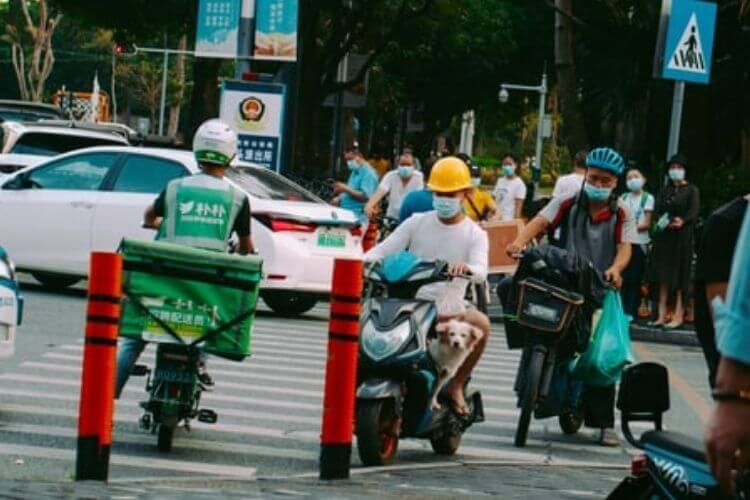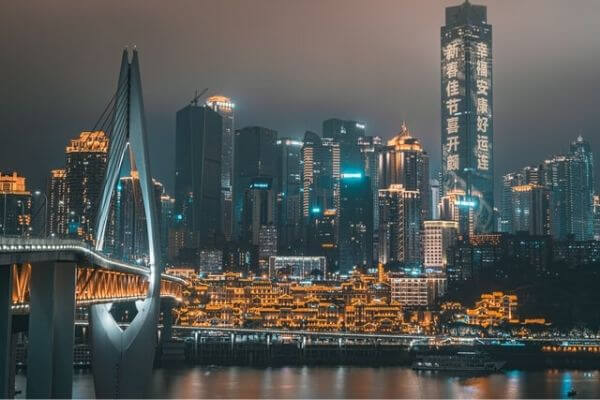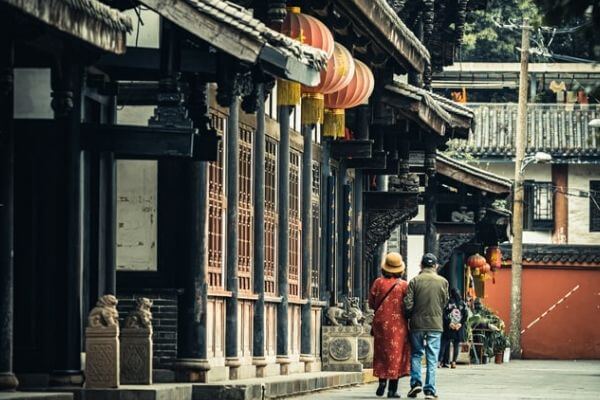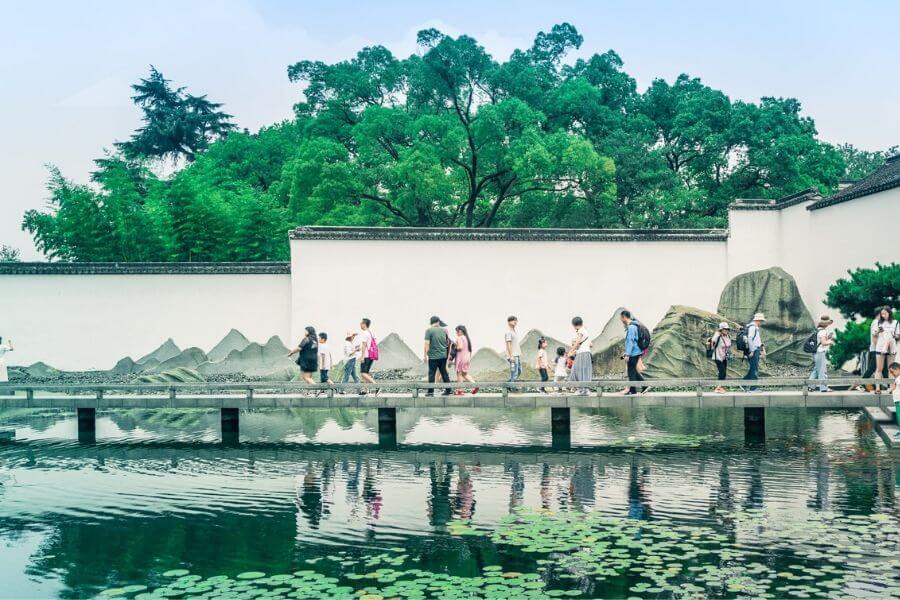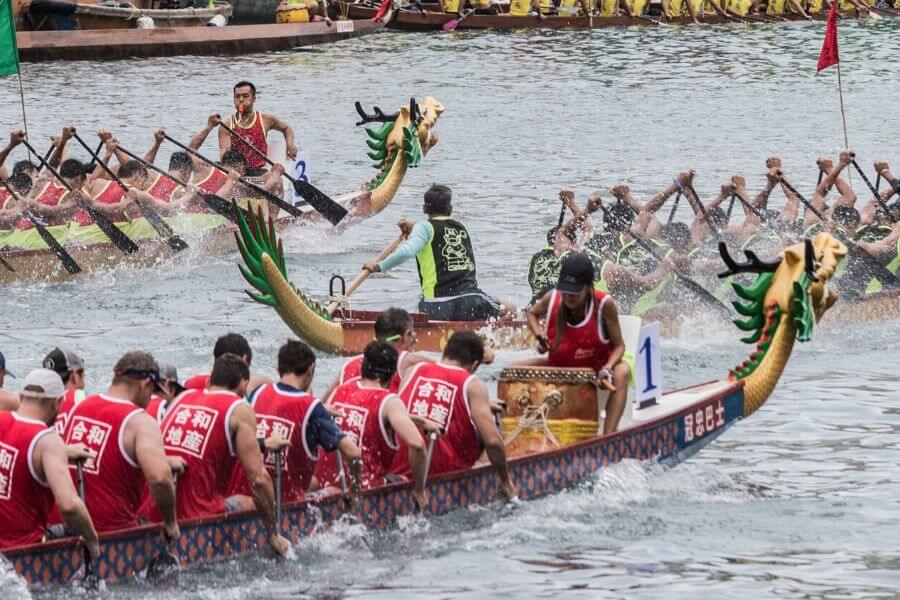
The PRC Anti-Unfair Competition Law(中华人民共和国反不正当竞争法) was enacted in 1993 and amended twice respectively in 2017 and 2019.
The PRC Anti-Unfair Competition Law contains 33 articles under the following aspects: the types of unfair competition, investigation procedures of the alleged unfair competition by the government, and the legal liabilities for the acts of unfair competition.
Unfair competition refers to the acts of operators which disrupt the market order, and prejudice the legitimate rights and interests of other operators or consumers during the process of their production and operation.
The Market Regulation Bureau at each level is responsible for investigating and imposing sanctions on the operators who commit acts of unfair competition. Those whose rights have been violated can also file a lawsuit against such operators.
1. What are the types of unfair competition?
(1) Confusion, which refers to the confusing act of the operator that leads the public to mistaken the operator's commodity for the specific commodity of other people, or mistakenly to believe that the operator has a specific connection with other people.
(2) Bribery, which refers to the act of the operator who bribes the counterparty of a transaction or other related parties to seek transaction opportunities or competitive advantages.
(3) False advertising, which refers to the act of the operator who makes an unfair or untrue statement about their products or services, and thus misleads the consumers.
(4) Trade secret infringement, which refers to the act of the operator who illegally obtains, uses and discloses the trade secrets of others.
(5) False prize-attached sale, which refers to the act of the operator who conducts the sales promotion with prizes in a fraudulent way, or with a top prize of the lottery sale exceeding CNY 50,000.
(6) Defamation, which refers to the act of the operator who fabricates or disseminates false information to damage the goodwill of a competitor.
(7) Unfair competition on the Internet, which refers to the act of the operator who destroys or interferes with competitors' cyber products by technological means.
2. How does the government investigate suspected unfair competition?
The government may go to the operator's office to investigate, inquire about relevant personnel, check the operator's documents, seize its property and inquire about its bank account(s).
3. What are the legal liabilities for acts of unfair competition?
The right holder may bring a lawsuit against the operator (infringer) who has committed acts of unfair competition, and demand damages for the losses.
The government may ask the infringer to stop acts of unfair competition, impose fines or even revoke the business license of the infringer.
If the act of the infringer constitutes a crime, it may be subject to criminal prosecutions.
Photo by Samuel Wong(https://unsplash.com/@samuelwong) on Unsplash
Contributors: China Laws Portal Team

